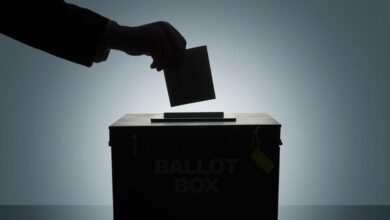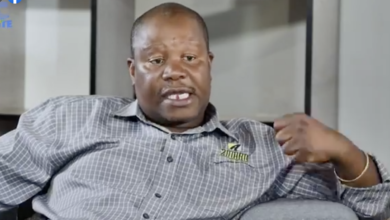BCC identifies 25 water kiosk sites

The Bulawayo City Council (BCC) has identified 25 sites to set up water kiosks in areas that are worst affected by water shortages.
A water kiosk is an outlet with a build-in filtration and a dispenser system, that stores water to supply to end users.
Bulawayo is currently enduring a gruelling a weekly 144 hour water shedding exercise, with water levels at the city`s remaining supply dams now at 28 percent.
BCC Director of Engineering Services, Engineer Simela Dube, confirmed council has identified 25 sites where residents could access water when there were water shortages.
“Even if there is water, the kiosks can supply water. These would be scattered mainly in Emganwini, Pumula, Nkulumane, Magwegwe and some isolated areas including low density areas such as Saucerstown,” he said during a press briefing at council chambers.
Eng Dube said the council had received assistance from donors such as Danish Church Aid and Netherlands Embassy in the construction of some of the kiosks.
“Danish Church Aid came in to assist with the installation of kiosks in six sites, which are already on progress. Three water kiosks are up and the other three are to be completed and ready for commissioning by Friday.
“The other four kiosks were made possible with Netherlands Embassy through our partnership. The stands are on the ground and the material for installation of tanks and piping for plumbing have been received,” he said.
The city’s engineer explained that the idea of kiosks, was to alleviate water shortages and not burden pressure on water bowsers.
“Instead of bowsers going to areas and feeding water directly into small containers such as pails or buckets, the bowsers can go to the kiosks -offload 10 000 litres of water then move onto another site. We anticipate this will improve the turnaround of the bowsers, as they won’t have to wait for people on the queue to fill up containers,” he said.
He also added that the plumbing on the water kiosks was such that there would be four collection points.
“We therefore encourage residents to organise themselves especially when it comes to social distancing as they queue for their turn. The four points are spaced to accommodate people and took into account COVID0-19 requirements so residents must practise social distancing as they go towards fetching and queuing for the water,” Dube said.
BCC is now mobilising resources to equip 15 others sites and Dube noted local partners had also chipped in.
“We are raising resources to deal with kiosks for other 15 sites and we trying to mobilise from internal resources. But in addition to the kiosks we’ve had donors such as Schweppes who will actually assist the kiosks by providing a 30 000 litres bowser which will also assist in movement of raw water to those kiosks.
“The SDA church will assist in bowsing of water and we have also had companies come in to assist with moving water to various points in the high density areas,” said the city engineer.
Meanwhile, BCC is currently evaluating tenders to hire additional water bowsers as and when they were required.
Dube said the local authority needed more bowsers to increase supply.
“The challenge is that due to the current water supply challenges, bursts sometimes occur on pipes affecting delivery of water. Last week there was a burst on the mains that feed Mpilo and United College of Education (UCE) resulting in bowsers delivering water there.
“You will be aware that Mpilo as a health institution has always been exempted from water shedding similarly, UCE being a quarantine centre for returnees, so our bowsers had to be diverted to those areas and hence it affected the delivery to residential areas,” he summed.





